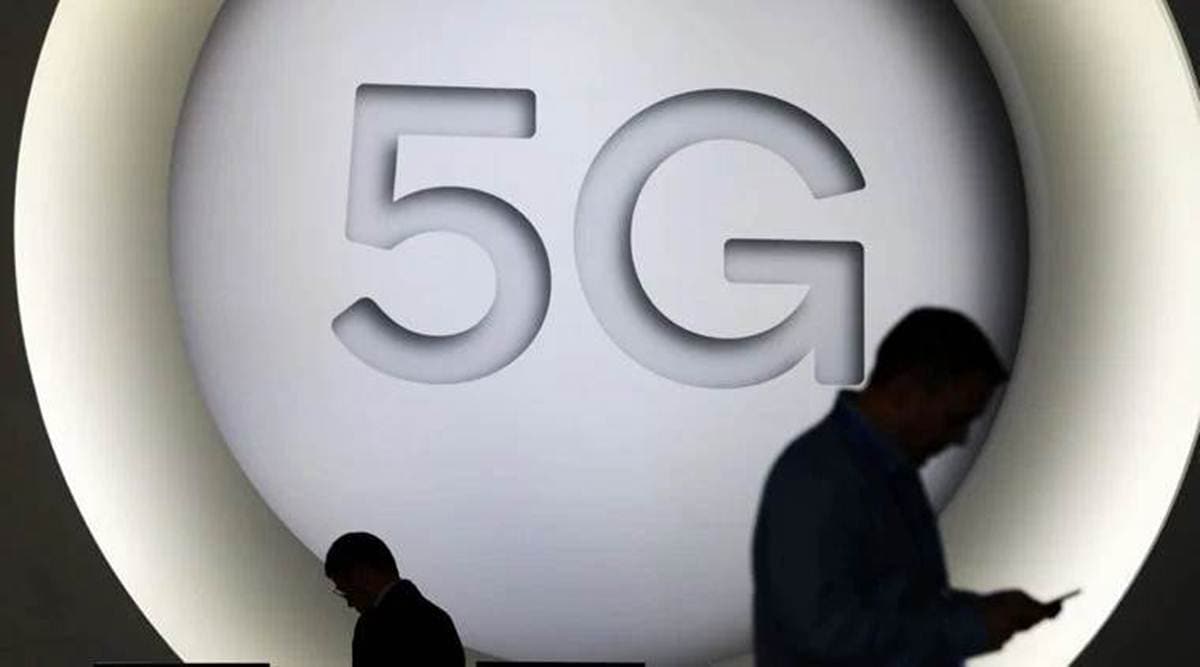
FOUNDERS OF Bengaluru start up, Devas Multimedia, a firm embroiled in a legal battle with the Indian government over a failed 2005 satellite deal, are attempting to deploy satellite-based technology earlier associated with Devas for 5G telecom rollout in the US.
Daily briefing | The stories you need to start your day with
Omnispace LLC, a start up in the US, which has Devas Multimedia Founder and CEO Ramachandran Viswanathan as its President and CEO, announced this month it would put together a small constellation of satellites to power 5G from space – especially to provide connectivity to remote areas where terrestrial mobile network does not work.
“We are forging ahead in the delivery of truly mobile 5G connectivity solutions from space. Our network will leverage harmonised 2 GHz spectrum to bring the power of 5G to users and industries around the globe,” Viswanathan said in a statement early February while announcing the closure of a $60-million funding deal for the firm’s satellite services business.
Omnispace plans to put in place a smaller constellation of around 200 satellites — 15 in middle earth orbit and others in low earth orbit — to provide 5G services. This is similar to the Starlink project of SpaceX and Tesla founder Elon Musk, which aims at putting up a constellation of over 1,000 satellites for seamless 5G broadband communication in corners of the world that are not serviced by telecom networks.
Omnispace was launched in 2012 in the US shortly after the Devas Multimedia satellite deal with ISRO’s Antrix Corporation was scrapped in 2011 by the Indian government citing security reasons. Recently, Antrix sought liquidation of Devas Multimedia on the grounds it perpetrated a fraud in connivance with former Antrix officials to bag the satellite deal in 2005.
Omnispace currently has an unused satellite from a private UK firm and has signed deals for the manufacture and launch of two more satellites. The F2, a middle earth orbit satellite which has been unused since launch in 2001 by ICO Global Communications – a firm in which VSNL invested in the the 1990s (prior to Tata Communications’ purchase of VSNL) – is already in space.
Last year, Omnispace signed a deal with the French-Italian satellite manufacturer Thales Alenia Space to build two satellites for launch in 2022 on a SpaceX ride share mission. This, Thales Alenia Space said, marked a key milestone as Omnispace initiated the development of its new generation satellite constellation that would operate in the S-band. Omnispace had contracted the firm to build two satellites for its proposed constellation.
The Omnispace satellites will utilise the space band or S-band spectrum like Devas Multimedia was supposed to do with ISRO satellites. “Omnispace is rethinking how communications networks operate. The launch of these satellites will enable the first phase of implementation towards delivering our world-class hybrid network, bringing the power of 5G from space to mobile networks, anywhere around the world,” Ramachandran Viswanathan said after a space launch deal with rideshare provider Exolaunch.
As the founder and CEO of Devas Multimedia in India, Viswanathan is incidentally among eight people accused of criminal conspiracy, cheating and corruption in a CBI chargesheet filed in August 2016 over the failed 2005 Devas satellite deal with ISRO. He is also accused in a money laundering case filed by the Directorate of Enforcement against Devas in 2018 for allegedly diverting FDI to the firm’s US subsidiary.
A special court hearing the ED case was on Friday informed that a summons had been served to Ramachandran Viswanathan and a director M G Chandrashekhar to appear in court for the case. The court has now asked for coercive steps to be taken like the issuance of non bailable warrants to ensure their court appearance.
The Bengaluru start up Devas Multimedia founded by Viswanathan — with people like former Verizon vice chairman Lawrence Babbio on its board (Babbio is also on the board of Omnispace LLC) — was supposed to provide satellite-based multimedia services on mobile handsets and was allocated two ISRO S-band satellites for the purpose under a 2005 deal signed between Devas and Antrix Corporation – the commercial arm of ISRO.
Following the cancellation of the 2005 deal, Devas Multimedia and its foreign investors had approached international arbitration tribunals to seek compensation. The biggest compensation award has been a September 14, 2015, ICC tribunal award of over $ 1.2 billion which was confirmed by a US federal court on October 27, 2020. Antrix has filed an appeal against this order in the US Court of Appeals for the Ninth Circuit.



